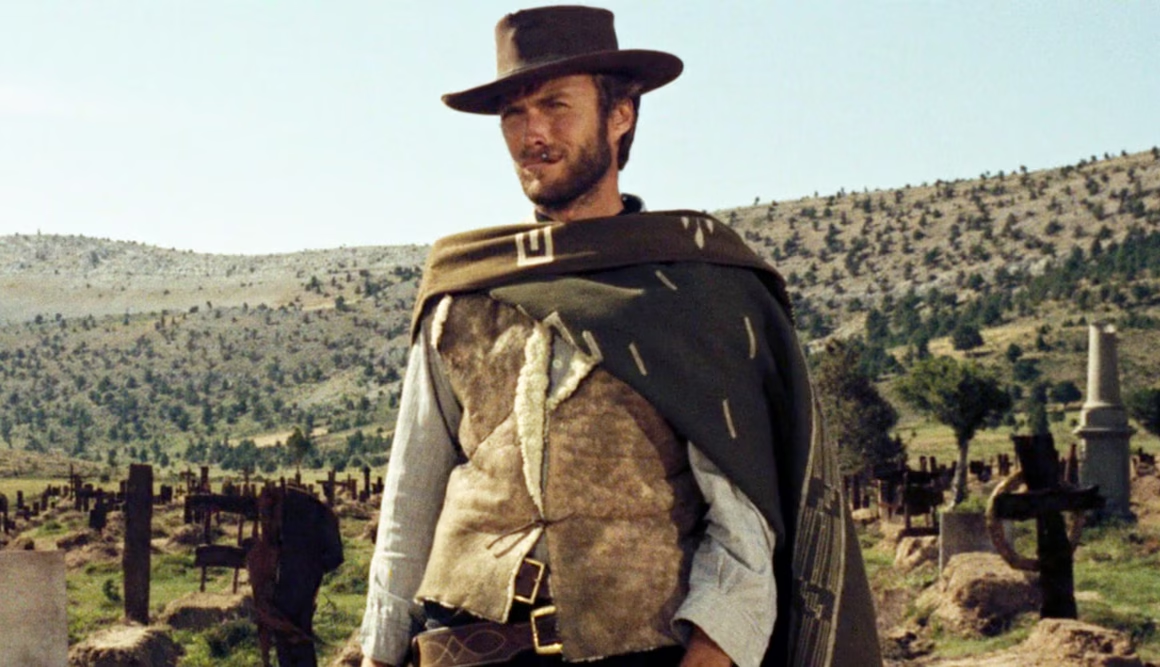Clint Eastwood may forever be immortalized as the Man with No Name and one of Hollywood’s most successful actor-turned-directors, but behind the silver screen, his personal life has been anything but spotless. In the middle of his career, a scandalous legal battle with actress and director Sondra Locke not only exposed the darker sides of their relationship but also revealed a ruthless Hollywood power struggle—one that would see Locke’s career systematically dismantled while Eastwood’s remained untarnished.
A Love Affair That Became a Career Trap
Sondra Locke first crossed paths with Eastwood in 1972 when she auditioned for his film Breezy. Though she didn’t land the role, fate had other plans. When she was cast as his love interest in The Outlaw Josey Wales (1976), their on-screen chemistry ignited a real-life affair. The only problem? Eastwood was still married with two children. Despite this, he convinced Locke to move to Carmel, California, where he lived with his family, effectively embedding her into his world on his terms.
As their relationship deepened, Eastwood’s influence over Locke’s career became increasingly suffocating. He urged her to drop her own agent in favor of his and insisted she only work on projects with him. What initially seemed like a romantic, all-consuming partnership quickly became a professional dead end. Locke, once a rising star, was now perceived as merely Eastwood’s mistress, her acting prospects limited to roles in his films—The Gauntlet, Every Which Way but Loose, Bronco Billy, Any Which Way You Can, and Sudden Impact. Ironically, instead of benefiting from their relationship, being with Eastwood effectively blacklisted her from Hollywood’s broader opportunities.
Behind closed doors, their relationship was even more turbulent. Eastwood purchased two homes—one for them and another for Locke’s husband, Gordon Anderson, a man she had married in a platonic arrangement. But the house she lived in was, as Locke later described, a twisted form of compensation. During their 15-year relationship, she underwent two abortions, both of which she claimed Eastwood orchestrated. He allegedly opposed birth control—except, according to Locke, when he suggested she undergo sterilization. Her home, she said, became “the child she never had.”
A Breakup That Led to Legal Warfare
By the late 1980s, Locke had grown restless. She was eager to establish herself as a director, and Sudden Impact had originally been her project—until Eastwood took it over and turned it into a Dirty Harry film. He eventually supported her directorial debut, Ratboy (1986), but his involvement came at a cost—he dictated casting, production choices, and even post-production. Though her second directorial effort, Impulse (1990), was better received, their relationship collapsed during filming.
The breakup wasn’t just personal—it was strategic. Eastwood reportedly changed the locks on their home, moved her belongings into Anderson’s house, and attempted to erase her from his life overnight. Locke, devastated, sued him for palimony, hoping to secure her right to remain in the home she had lived in for years. Eastwood fought back, dismissing her as a mere “part-time roommate” and admitting he had tapped her phone—though he claimed it was to protect himself from a stalker. The court ultimately ruled against Locke, leaving her homeless and battling breast cancer during the grueling 19-month legal fight.
Then, in 1990, an unexpected resolution emerged: Eastwood offered a settlement in which he would set up a $1.5 million directing and development deal for her at Warner Bros. Locke accepted, believing it would allow her to finally work on her own terms. But what seemed like a lifeline was actually a calculated trap.
The Ultimate Betrayal
For three years, Warner Bros. rejected every single project Locke pitched—30 in total, including one that already had Arnold Schwarzenegger attached as its lead. They refused to let her direct anything, even from their own pre-existing slate of films. It didn’t take long for Locke to realize the truth: the deal had been a sham, orchestrated by Eastwood to quietly pay her off while ensuring she never worked again.
In 1995, she filed a lawsuit accusing Eastwood of fraud and breach of fiduciary duty, claiming he had essentially “laundered” his Unforgiven budget to finance the fake deal. According to her attorney, Eastwood had pulled off “the ultimate betrayal” by setting her up to fail.
The case went to trial, and the jury overwhelmingly sided with Locke, voting 10-to-2 in her favor. They were only deliberating how much she should be awarded in damages when she and Eastwood reached a confidential settlement in 1996.
In a rare public comment on the matter, Eastwood dismissed Locke’s claims, telling The Independent in 1997, “Somebody can make up stories and put on an act and play the victim. Are they victims, or are they volunteers? Some people feel that the world owes them a living.”
Erased from History
Though Locke won the battle, she ultimately lost the war. After her lawsuits, she never directed another Hollywood film. When she passed away from bone cancer in 2018, her death went unreported for over a month, and she was notably absent from the Oscars’ In Memoriam segment.
Eastwood, who was actively promoting The Mule when the news broke, remained silent. In fact, he had been scrubbing Locke from his public narrative for decades. In Eastwood on Eastwood, a 1997 documentary meant to offer an intimate look at his career, Locke was conspicuously absent—even though their lawsuit had concluded just a year prior. Since the 1980s, when he began referring to her as a mere “roommate,” he had systematically erased her from his story.
Locke’s legacy is one of resilience, talent, and a battle against one of Hollywood’s most powerful figures. Though her career was derailed, her fight exposed the industry’s dark underbelly—a place where powerful men could make or break a woman’s future with a phone call. For all of Eastwood’s cinematic achievements, the story of Sondra Locke remains a sobering counterpoint to his legacy.






